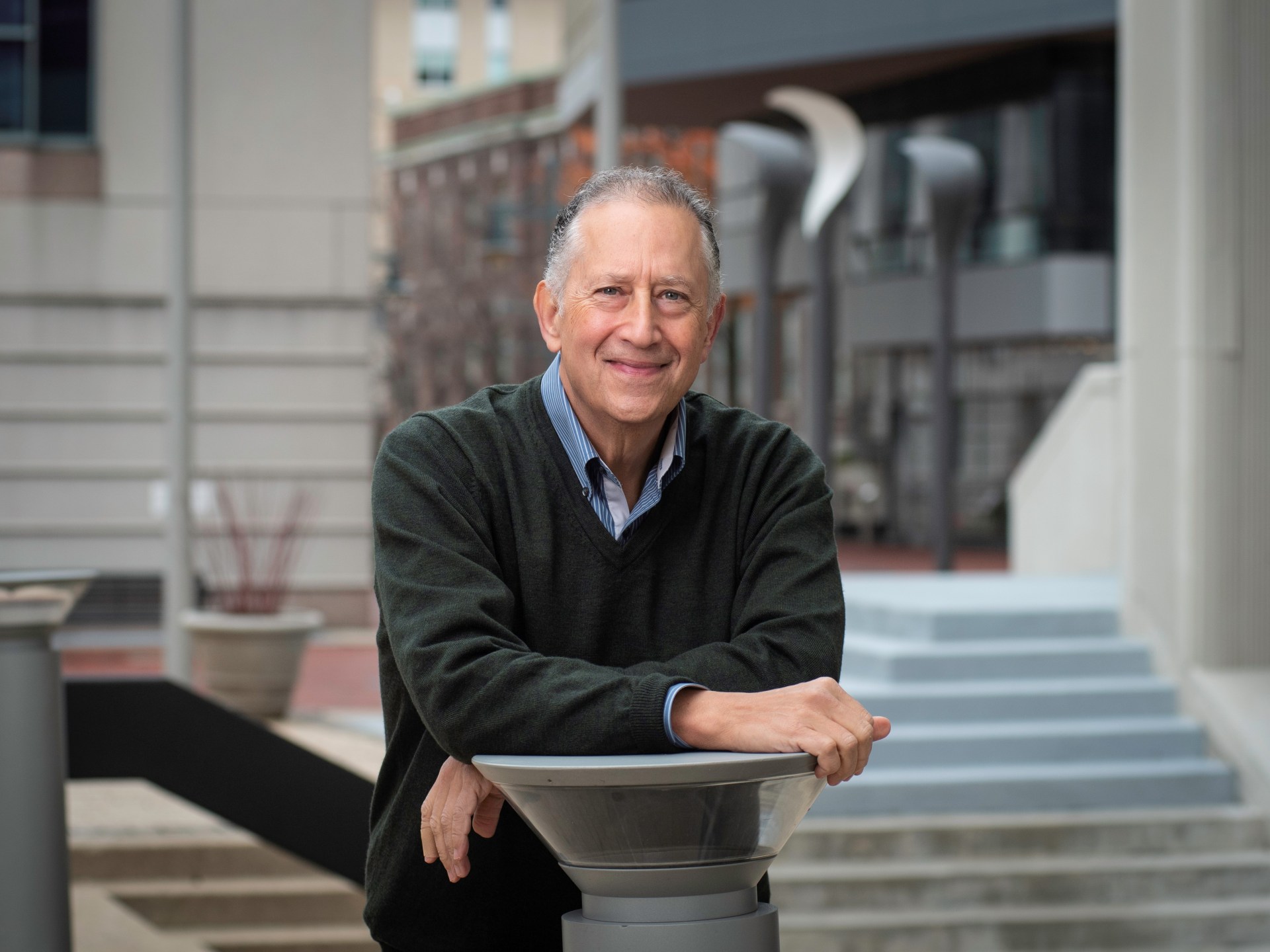In 1969, Jeremy Nobel found his father in physical distress and tragically lost him to a heart attack. This event left him with a deep sense of loneliness and an overwhelming desire for guidance that he never received. More than 50 years later, Nobel has authored a book, Project UnLonely: Healing Our Crisis of Disconnection, which aims to address loneliness and its impacts on mental and physical health.
The Surgeon General of the United States has labeled loneliness as a public health “crisis,” drawing attention to its widespread prevalence and effects. Even before the COVID-19 pandemic, nearly half of American adults reported feeling lonely, with adverse health outcomes such as cardiovascular disease, dementia, and depression. A Meta-Gallup poll identified loneliness as a global issue, with close to one in four individuals from 140 countries reporting feelings of loneliness.
Nobel, a primary-care physician, has been studying loneliness for nearly two decades and has developed comprehensive programming to address this issue in different communities. He believes that creative expression through art and connection can help combat loneliness, as evidenced by his pilot program, Colors & Connection, which has expanded to 31 campuses throughout the United States.
The COVID-19 pandemic has led to increased social isolation and loneliness, but Nobel sees a silver lining. The shared experience of isolation has made it easier for individuals to openly discuss their feelings of loneliness and seek help. The pandemic has opened up a conversation about loneliness, providing an opportunity for individuals to address this universal human experience.


